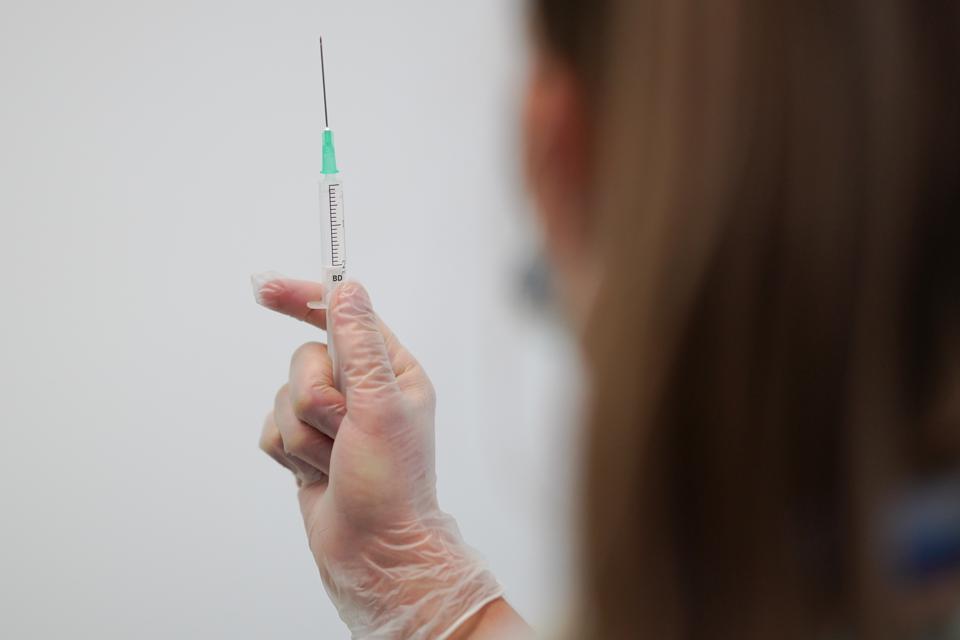
Moderna Vaccine’s Antibodies May Not Last Long
Following the rollout of Covid-19 vaccines finally underway across the United States, data on the vaccines’ effectiveness is starting to become more available. But one key piece of information is still relatively unknown: how long the vaccines’ effectiveness will last.
While only a preliminary analysis, a new study by the New England Journal of Medicine (NEJM) suggests that the long-term efficacy of Moderna’s mRNA-1273 vaccine, specifically the neutralizing antibody count, may be less than we were hoping for.
Neutralizing antibodies bind to invading pathogens, like all antibodies do, but they bind in a manner that stops infection. That is why pharmaceutical companies stress neutralizing antibody counts as an essential measure for their vaccines’ success.
The NEJM study followed a group of 34 patients who had taken both doses of mRNA-1273 and analyzed their antibody counts from the administration of the first dose for 119 days. Neutralizing antibodies were monitored in subgroups of 18-55 years of age, 56-70, and 71+, as shown below.
A significant determinant of vaccines’ effectiveness in controlling a pandemic is antibody duration—how long the antibodies last in a person’s system. For those 18-55 years old, the majority only show a slight decrease in neutralizing antibodies in the three months following their second vaccine dose.
Two of the 34 patients in this age group saw a significant drop in neutralizing antibodies. Due to the limited number of participants in this study, we cannot draw conclusions from these outliers until further data becomes available.

